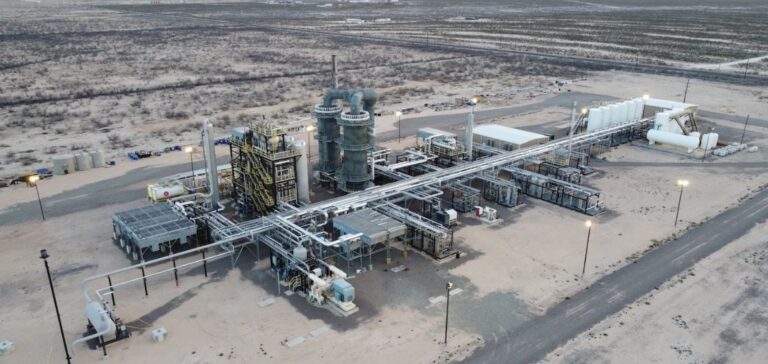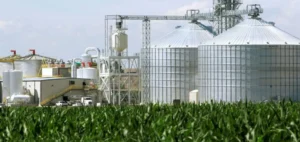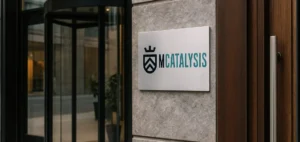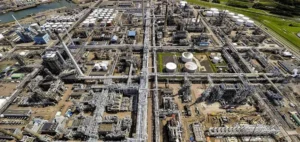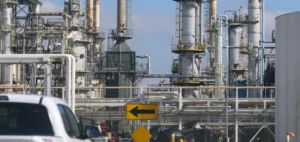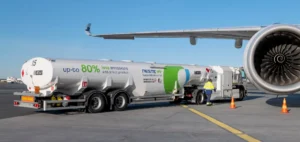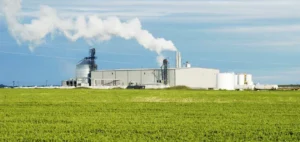Brookfield Asset Management announces a potential USD 1.1 billion investment in Infinium, a player in the eFuels sector, to support the development of sustainable, low-carbon fuels.
The aim is to boost production capacity for fuels such as e-SAF (electro-Sustainable Aviation Fuel) and e-Diesel, innovative alternatives to fossil fuels, designed for aviation, shipping and certain industrial applications.
This investment comes against a backdrop of increasing pressure to reduce CO2 emissions, with governments and regulators stepping up their policies in favor of decarbonization.
Brookfield plans to inject more than 200 million USD into Infinium’s Roadrunner project in Texas, with a further 850 million USD earmarked for other eFuels production projects worldwide.
Issues and challenges for the sustainable fuels market
The market for sustainable fuels is experiencing a particular dynamic, marked by growing demand and still limited supply.
eFuels, like those proposed by Infinium, are seen as potentially disruptive solutions in the energy transition.
However, the production of these fuels remains complex and costly, due to CO2 capture processes and the need for renewable or CO2-free electricity for hydrogen production.
What’s more, the eFuels refining and distribution infrastructure is still in the development phase, requiring substantial investment to reach a viable commercial scale.
Brookfield ‘s support comes at a time when other financial and industrial players are also stepping up their efforts.
Breakthrough Energy Catalyst, for example, invested USD 75 million in the Roadrunner project last year, and American Airlines has signed an agreement to purchase commercial volumes of e-SAF from Infinium from 2026.
These initiatives show a growing willingness to integrate cleaner fuels into supply chains, but the question of scale and cost remains central.
Strategic and industrial outlook
Brookfield’s initiative reflects a strategy of diversification and positioning in the alternative energies segment, with a particular focus on eFuels.
Participation in projects such as Roadrunner could offer a competitive advantage, especially if demand continues to grow in the face of stricter decarbonization policies.
However, the eFuels market is still in an emerging phase, with significant technological and economic barriers to overcome.
At the same time, developing the necessary infrastructure for CO2 capture and reuse, as well as for green hydrogen production, represents both a technical and financial challenge.
The ability of players like Infinium to raise funds, secure commercial partnerships and navigate an ever-changing regulatory landscape will be crucial to their future success.
Potential impact on the energy supply chain
Investments in eFuels, such as those made by Brookfield and other institutions, could reshape the energy supply chain, particularly in hard-to-decarbonize sectors like aviation and shipping.
Although these fuels are still far from dominant, their potential for integration into the energy mixes of major corporations is promising.
Part of the appeal of eFuels lies in their ability to be “drop-in”, i.e. compatible with existing infrastructures, facilitating their adoption without the need for costly modifications.
The evolution of this market will largely depend on technological advances, economies of scale, and incentive-based policy frameworks.
For institutional investors like Brookfield, this means not only capturing a growth opportunity, but also playing an active role in redefining global energy paradigms.


